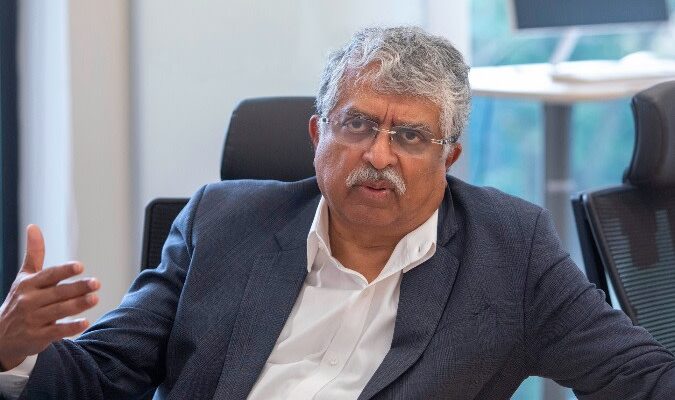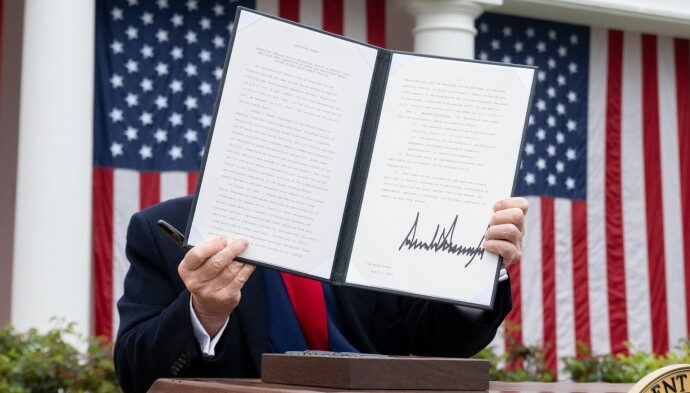Unlock the Editor’s Digest for free
Roula Khalaf, Editor of the FT, selects her favourite stories in this weekly newsletter.
Samsung chair Lee Jae-yong was acquitted of stock manipulation and accounting fraud charges on Monday in connection with a controversial merger almost a decade ago.
The heir to South Korea’s largest conglomerate had been accused by prosecutors of manipulating the share prices of two Samsung subsidiaries, Samsung C&T and Cheil Industries, in order to facilitate a 2015 merger between the two companies.
Lee, the grandson of Samsung founder Lee Byung-chul, was also accused of orchestrating a $3.9bn accounting fraud at the group’s biopharmaceutical unit in 2015.
Prosecutors were seeking a five-year jail term for the billionaire, who has already served a prison sentence on bribery charges relating to the same merger.
But the Seoul Central District Court ruled on Monday that prosecutors had failed to prove the merger was conducted in order to secure Lee’s control of the conglomerate. Lee has long maintained that the merger was “normal business activity”.
“It is hard to say that Lee Jae-yong . . . spearheaded the merger, and that the merger was done just for the sake of Lee’s succession,” the court said in its verdict.
“It is also hard to establish ill intentions behind the irregular accounting of Samsung Biologics,” it added.
Lee’s lawyers said in a statement: “The ruling clearly confirmed that the Samsung C&T merger and Samsung Biologics accounting were legal. We sincerely thank the judges for their wise ruling.”
It was not immediately clear if prosecutors will appeal against the verdict. Samsung declined to comment.
The Korea Chamber of Commerce and Industry welcomed the ruling, saying it “will greatly help our companies lead cutting-edge industry and fight global competition and benefit our economy, which just entered a recovery phase”.
But it was strongly criticised by Korean advocates of improved corporate governance, for whom the Samsung C&T-Cheil merger remained an example of minority shareholders losing out to the controlling families of conglomerates.
“The ruling will free Lee of legal risks, but I am at a loss for words in terms of the country’s economic justice,” said Park Ju-geun, head of corporate research group Leaders Index. “This goes totally against all previous court rulings on the merger.”
Former conservative president Park Geun-hye was also sent to prison for her role in the merger, which sparked mass demonstrations that led to her impeachment.
Yoon Suk Yeol, South Korea’s former chief prosecutor who oversaw Lee and Park’s convictions, has since been elected the country’s president. Critics say the Yoon administration has been too lenient towards the country’s powerful family-run conglomerates.
“This is a totally shocking verdict that may reflect the changes in the political atmosphere in the current Yoon administration,” said Park Sangin, economics professor at Seoul National University. “This will lead to lowering the confidence of foreign investors in the Korean legal system and the soundness of the Korean capital market.”
Analysts said that after a decade of legal battles, the verdict would allow Lee to begin to give his full attention to a series of challenges facing the sprawling business group.
Despite growing pressure to come up with a clear strategy for growth beyond the company’s traditional strengths in chips and smartphones, Samsung Electronics, which is sitting on a cash pile of more than $100bn, has avoided making any major acquisitions since its $8bn takeover of US auto tech group Harman in 2016.
The company has reported falling profits for the past four straight quarters amid a prolonged slump in the global memory chip sector, while its 12-year reign as the world’s biggest smartphone maker by units sold was ceded to Apple last year.
“The company has been overtaken by rivals in some areas like AI chips, while Lee has been unable to present a clear vision and direction for growth,” said Park Ju-geun.


